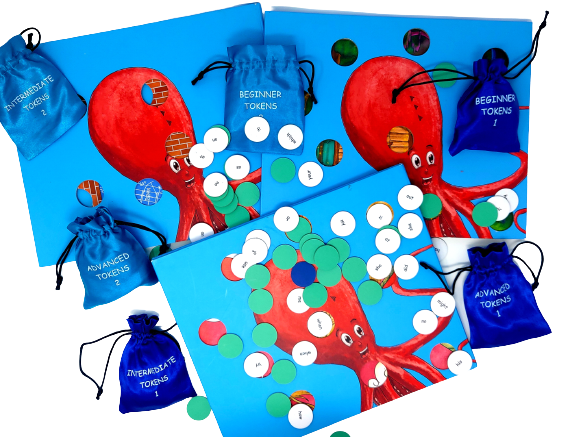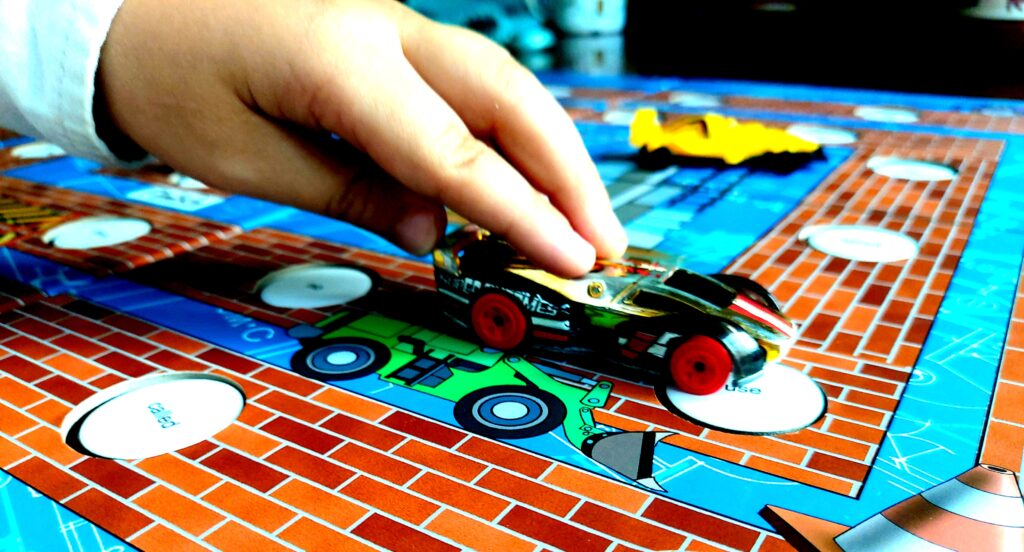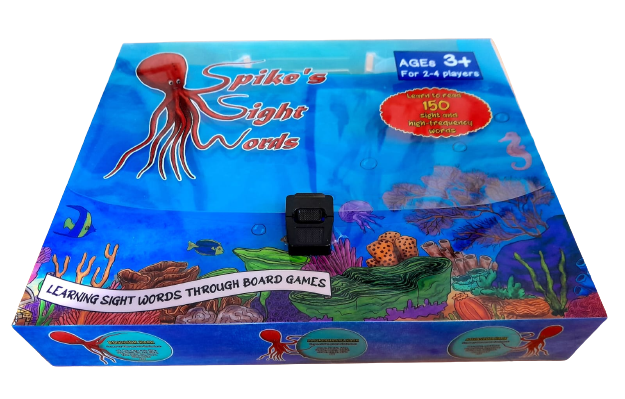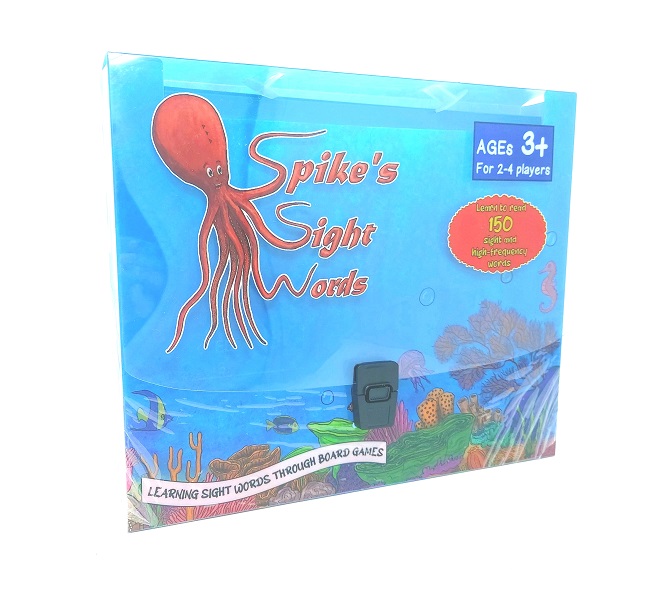
What is a reluctant reader?
For a reluctant reader sitting down to read a book for pleasure is likely the last thing on their mind. If your child refuses or resists reading time, shows little interest in books or becomes frustrated and misbehaves when asked to read, they may be a reluctant reader.

What’s the difference between a reluctant reader and a struggling reader?
A reluctant reader isn’t necessarily a child who finds reading difficult, they may just not be interested in books, have a shorter attention span or prefer to do other activities for pleasure. Whereas a struggling reader finds learning to read more difficult, perhaps due to a learning need or speech and language difficulties. A reluctant reader may be an able reader or they may have reading difficulties which make books harder to enjoy.
Types of reluctant readers
There are three main types of reluctant readers, those who can’t read, those who won’t read and selective readers.
-
Those who can’t read: These children struggle with basic reading skills and dislike reading because it’s a daunting task.
-
Those who won’t read: These children can read fairly well however they’d much rather be running around outside or playing with friends.
-
Selective readers: These children are highly selective about what they read and often not open to suggestions from adults. They need to be genuinely interested in the topic to pick up the book.
Once you’ve identified what kind of reluctant reader your child is, check out the following tips below to help get them excited about reading and devouring books in no time.

Tips for reluctant readers
Create a reading routine. Set aside between 10-30 minutes a day to read with your child.
Choose visually appealing book – Particularly for younger children, bright colours, appealing front covers and larger print can often be key to engaging reluctant readers. Or since our board games are SO visual, you could try playing them instead.
Read using technology. Gadgets such as tablets and e-readers can help to capture children’s interest in books.I am actually not the biggest fan of this. I don’t let me own children read books online. For me, I want them to experience the feel {and smell!} of a real book. But I do understand, that any reading is good reading so if it is on a device than so be it!
Create a reading competition. Giving a reluctant reader an incentive to read books can really help their motivation.I once challenged my daughter to read 100 books (she was around 4 years old so you can imagine the type of books she read) in a week. She did it! I created a made up certificate for her from the World Book Federation! She still believes it to this day!
Let them read and practise with anything. Books are a fantastic form of escapism but reading magazines, recipes or even playing our board games offer the same amount of learning than a book does.
Follow their passions. Try introducing your child to books that reflect their hobbies and interests. My daughter at the moment is into Harry Potter and so I encourage her to read these great books.
And finally, play our board games – we are ideal and perfect for reluctant readers as we offer a chance to practise words but on a fun, engaging board game instead!



